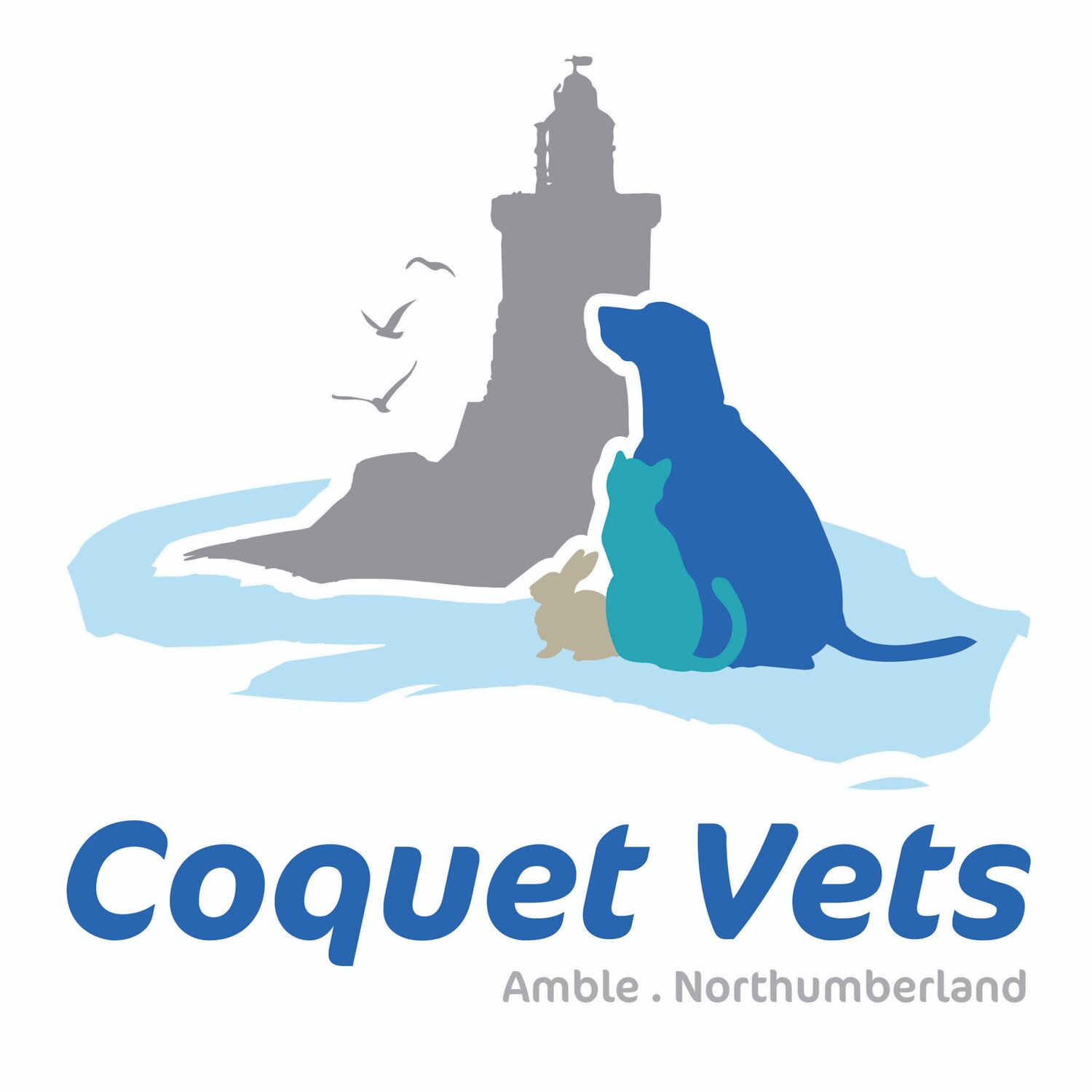Image: Photo vis Pixabay. 2022
Unfortunately, it’s that time of year where we are seeing a huge amount of wildlife killed on the road. A few weeks ago, one of our nurses saw a small deer knocked by the car in front on a dual carriage way near Cramlington. A few drivers passing by stopped to help, and she sat with the deer whilst calling one of the vets who jumped in the car.
The vet attended the scene and assessed the deer. Although it was stunned and had a few minor wounds, she couldn’t find any life-threatening injuries, so she gave it pain relief and wrapped it up to take back to her farm. She promptly called her husband who prepared a calf crate and the deer was kept quiet and warm overnight.
We are delighted to report that the next morning the deer had made a full recovery and was successfully released - please watch the video as it will put a smile on your face.
If you come across an injured or sick wild animal, it can be hard to know what best to do. Here is some handy advice should you find yourself in this situation:
PLEASE NOTE:
Be careful when approaching wild animals. They can be unpredictable and may scratch, kick or bite you when they are frightened and painful. Use gloves and keep the animal away from your face.
Weigh up the risks and be mindful of your own safety if the animal is in a dangerous location.
Always wash your hands thoroughly after handling an animal.
Some wild animals can spread diseases, especially if they bite. Good gloves are particularly important if handling bats, as in the UK they can carry viruses that are similar to rabies.
WATCH CAREFULLY:
Observe the animal and try to assess how severe the injuries are.
GET HELP:
If the animal appears to need assistance and it is small enough to handle, try to contact your local vet or wildlife rehabilitator.
You should wear gloves to protect your hands. Use a towel or a coat to catch the animal safely and to minimise stress.
If the animal is small, try to contain it in a box where possible. Ideally use a cardboard box with ventilation holes, with a towel in for a bed or somewhere to hide away.
If the animal is larger, keep your distance and keep other people and pets away too. Find out your exact location to help any wildlife responders to locate the patient.
Larger animals will need specialist handling and transportation, please call the RSPCA for foxes, deer, birds of prey, snakes, badgers, otters, seals, swans, geese or herons.
If you find a larger marine mammal that appears to need assistance, call the BDMLR
If you find a baby bird:
If it is a nestling (few feathers and not really able to stand) it is probably best to pop it back into its nest where possible. If you can’t find the nest, then it is ok to make a temporary nest in some long grass.
If it is a fledgling (feathered and hopping about) DON’T PANIC! They often spend up to 2 weeks hopping around on the ground while they are learning to fly. Their mum is probably close by. Keep pets away and keep an eye on them if you can. It is best to leave fledglings for their mum to find them unless they are obviously injured.
In the winter months, Avian influenza can affect our native bird population. If you find dead wild waterfowl or other wild birds, you should report them to the DEFRA helpline (0345 335577 option 7). DO NOT handle any dead or sick birds that you find.
USEFUL CONTACTS:
Coquet Vets, Amble: 01665 252 250
Blyth Wildlife Rescue: 0330 229 17 10
Northumberland Hedgehog Rescue Trust: 01665 570911
British Divers Marine Life Rescue (BDMLR): 01825 765546
Berwick Swan and Wildlife Rescue: 01289 302882
Royal Society for the Prevention of Cruelty to Animals (RSPCA): 0300 1234999



